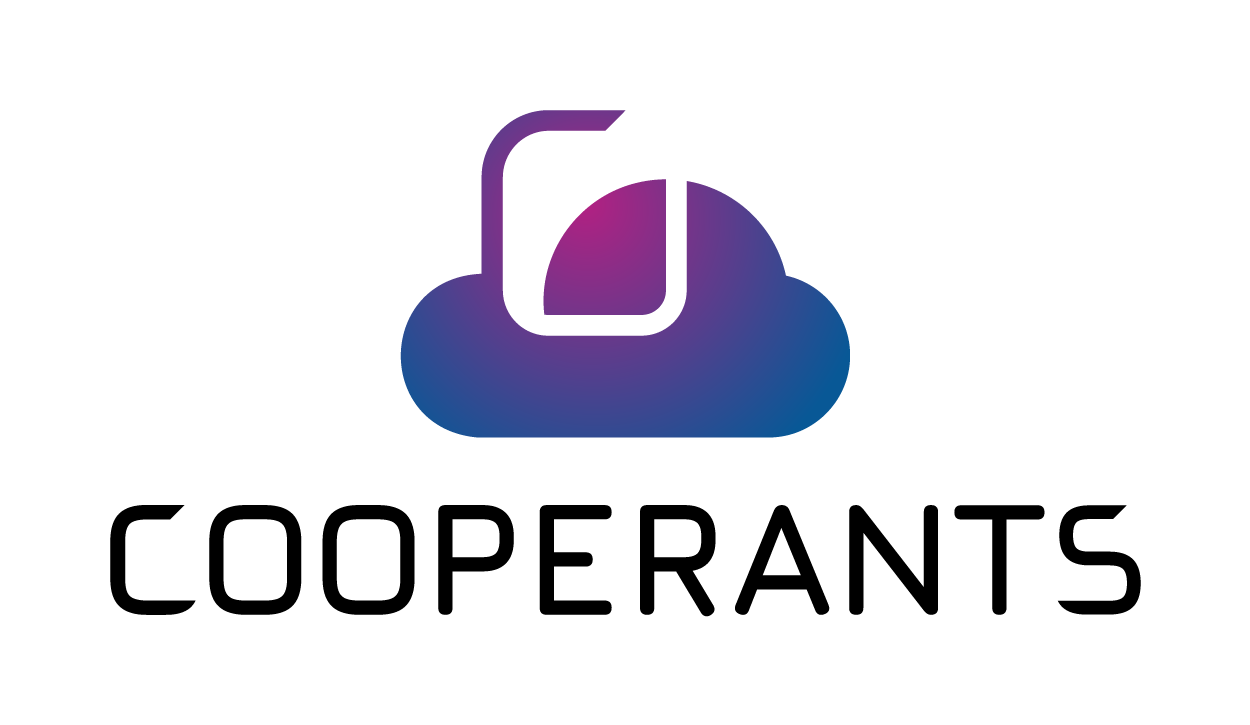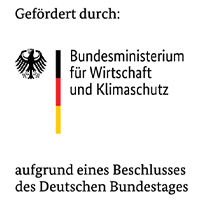Milan (Italy), October 14-18, 2024: The 75th International Astronautical Congress (IAC) opened on Monday, October 14th, at the MiCo Convention Center in Milan, attracting over 10,000 space experts, scientists, entrepreneurs, and professionals from around the world. This year’s congress, themed “Responsible Space for Sustainability,” is dedicated to promoting sustainable space technologies, aiming to balance scientific advancement with sustainability.
Throughout the week, more than 200 technical sessions took place, covering a wide range of topics such as sustainable exploration of the Moon and Mars, satellite-based Earth observation for climate action, the role of private companies in space development, and applications of artificial intelligence. These sessions provided a platform for extensive exchange on innovative approaches for creating a more sustainable space sector.
The event showcased an impressive array of innovations and international collaborations. Attendees experienced a wide variety of highlights, from a Prada-designed spacesuit for the Artemis-3 mission to moon rock samples from the Chang’e-6 mission. Europe emphasized its role in the global space competition, with the presentation of the ESA satellite Euclid, aimed at investigating dark matter and energy, while NASA shared initial findings on the chemical composition of the dwarf planet through its Ceres mission.

Dr. Caroline Lange represented the COOPERANTS consortium at the exhibition, delivering a presentation titled “The Importance of Data in the Spacecraft Project Lifecycle and the Creation of the First Digital Data Ecosystem for the Space Domain: COOPERANTS.” In her talk, she discussed the pivotal role of data throughout the lifecycle of space projects and introduced COOPERANTS’ innovative vision for a digital and interoperable data space for the aerospace sector.
“In many presentations, discussions, and exchanges, the future potential of digitalization is evident, particularly in applications like artificial intelligence,” Dr. Lange reflected. “But new needs are also emerging, such as when leading experts at ESA and NASA in the field of AI for space applications agree that we simply don’t have enough data to effectively train models, or that existing data can’t be used outside their origin locations due to restrictions. These are questions COOPERANTS aims to address.”
COOPERANTS also used this international platform to showcase its latest advancements in sustainable space solutions and to engage in discussions on the future of the global space industry. Participation at the IAC not only provided COOPERANTS the opportunity to present its innovative solutions and technologies but also to foster partnerships with other industry stakeholders.




